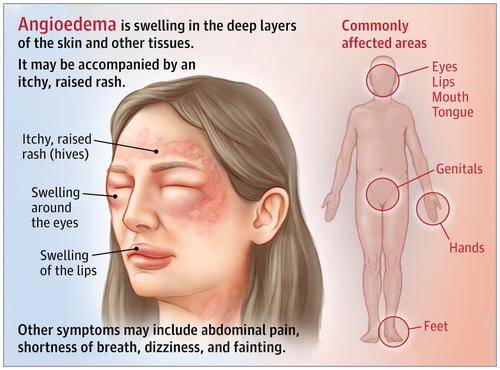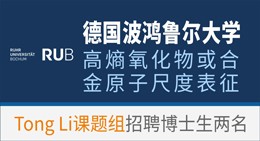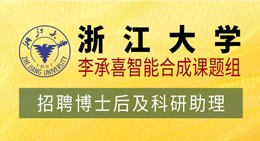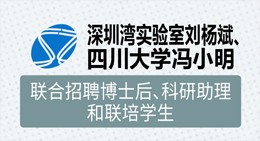JAMA ( IF 63.1 ) Pub Date : 2018-05-15 , DOI: 10.1001/jama.2018.4860
James A. Tarbox , Arpana Bansal , Alan N. Peiris

|
Angioedema is swelling caused by fluid leakage from blood vessels into the surrounding skin and tissue.
Angioedema can involve any part of the body but is usually more pronounced around the eyes, lips, mouth, tongue, extremities, and genitalia. The swelling may be accompanied by hives, which are more superficial, while angioedema affects the deeper layers of skin.
There are multiple causes of angioedema. Allergic angioedema is the most common type and includes reactions to foods such as peanuts and shellfish, medications including antibiotics, insect bites and stings, and latex. Nonallergic, drug-induced angioedema is caused by certain medicines including a commonly prescribed blood pressure drug class, angiotensin-converting enzyme inhibitors (such as lisinopril). This type occurs without an allergic component and is not associated with itching or hives. The relatively rare hereditary angioedema is caused by lack of or dysfunction in an enzyme in the complement pathway, which is part of the immune system. Acquired angioedema is related to infections, autoimmune diseases, and, rarely, malignancies such as lymphoma. Idiopathic angioedema means there is no clear cause.
中文翻译:

血管性水肿
血管性水肿是由血管中的液体泄漏到周围皮肤和组织中引起的。
血管性水肿可累及身体的任何部位,但通常在眼睛,嘴唇,嘴巴,舌头,四肢和生殖器周围更为明显。肿胀可能伴有荨麻疹,荨麻疹较浅,而血管性水肿则影响皮肤深层。
有多种原因引起的血管性水肿。过敏性血管性水肿是最常见的类型,包括对食物(如花生和贝类)的反应,药物(包括抗生素,昆虫叮咬和st伤以及乳胶)的反应。非过敏性药物诱发的血管性水肿是由某些药物引起的,包括常用的降压药类,血管紧张素转换酶抑制剂(例如赖诺普利)。发生这种类型时没有过敏成分,并且与瘙痒或荨麻疹无关。相对罕见的遗传性血管性水肿是由补体途径中一种酶的缺乏或功能障碍引起的,而补体途径是免疫系统的一部分。已获得血管性水肿与感染,自身免疫性疾病以及恶性肿瘤(例如淋巴瘤)有关。特发性血管性水肿意味着没有明确的原因。

































 京公网安备 11010802027423号
京公网安备 11010802027423号